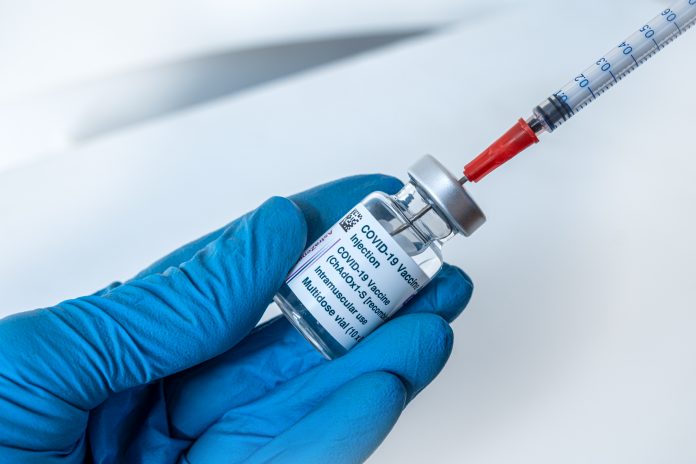The study, pre-printed in The Lancet, found that blood clots were far more common in people with COVID-19 than people vaccinated with AstraZeneca
The AstraZeneca vaccine, described as the “Marmite of vaccines” by Jillian Deutsch and Ashleigh Furlong, has taken global criticism since March, 2021.
Rare blood clot reports begun in March
It was at that point that rare blood clots became irrevocably connected to the vaccine, leading to several EU countries openly attributing side effects to AstraZeneca and subsequently suspending use of the vaccine. Despite the European Medicines Agency clearing any link between clots and the drug, 61% of people in France believed the vaccine to be unsafe. In Germany, 55% of the population believed the same.
Professor Stephen Evans, pharmacoepidemiology at the London School of Hygiene & Tropical Medicine, commented: “The problem with spontaneous reports of suspected adverse reactions to a vaccine is the enormous difficulty of distinguishing a causal effect from a coincidence.”
The figures were even compared to the blood clot risks posed by birth control, which is approved by medical authorities across various countries.
Globally, AstraZeneca became seen as a less powerful, more risky option. Pfizer, with mRNA technology and no EU leader critique, became seen as the best available option in the UK.
The new study proposes AstraZeneca is safe
Now, a study looking at over one million people who are double-vaccinated, finds that the “safety profiles” of Pfizer and AstraZeneca were “similar.”
The data further suggests that there was a 1.3 times increase in incidents of blood clots after the first dose of AstraZeneca – but that COVID itself created eight times the risk of a blood clot in the deep veins of the legs or pelvis.
The study authors further explained: “For each of the approved vaccines, rates of thrombosis can be expected to be far lower than rates among those persons with COVID-19, a disease which the vaccines are so effective at preventing.”
This study was funded by the European Medicines Agency, and most participants injected with AstraZeneca were under the age of 70.











